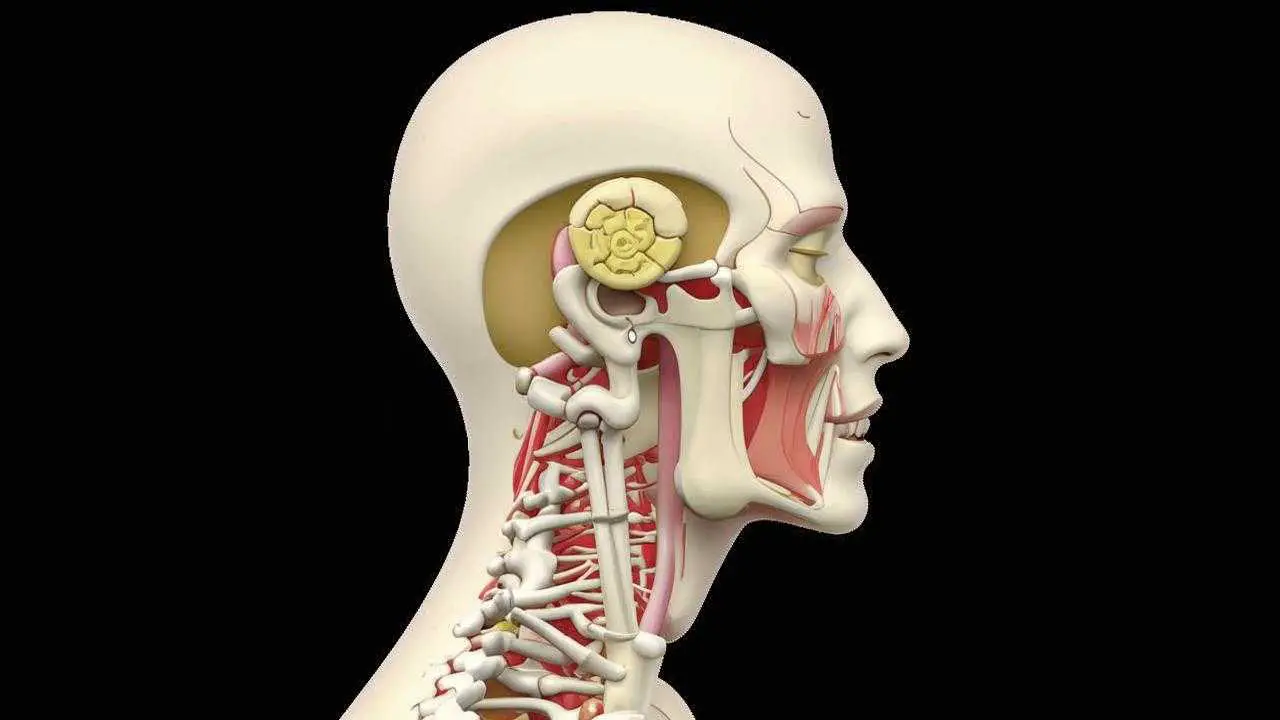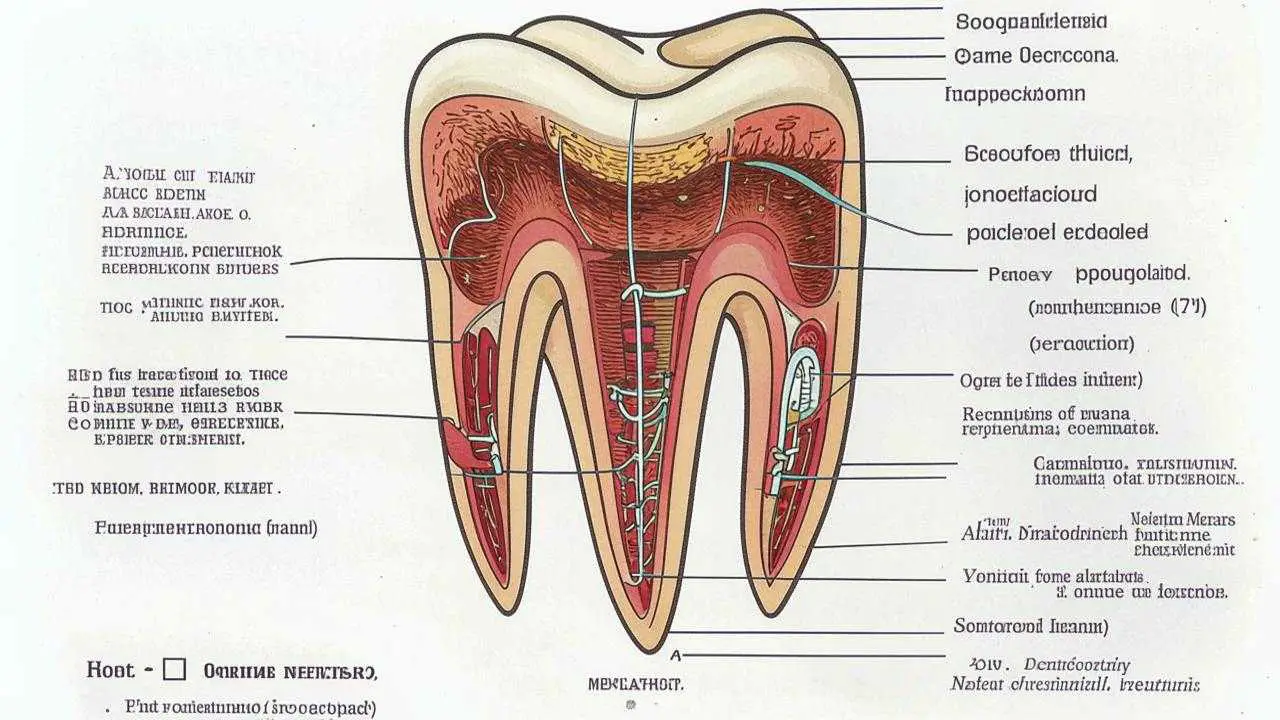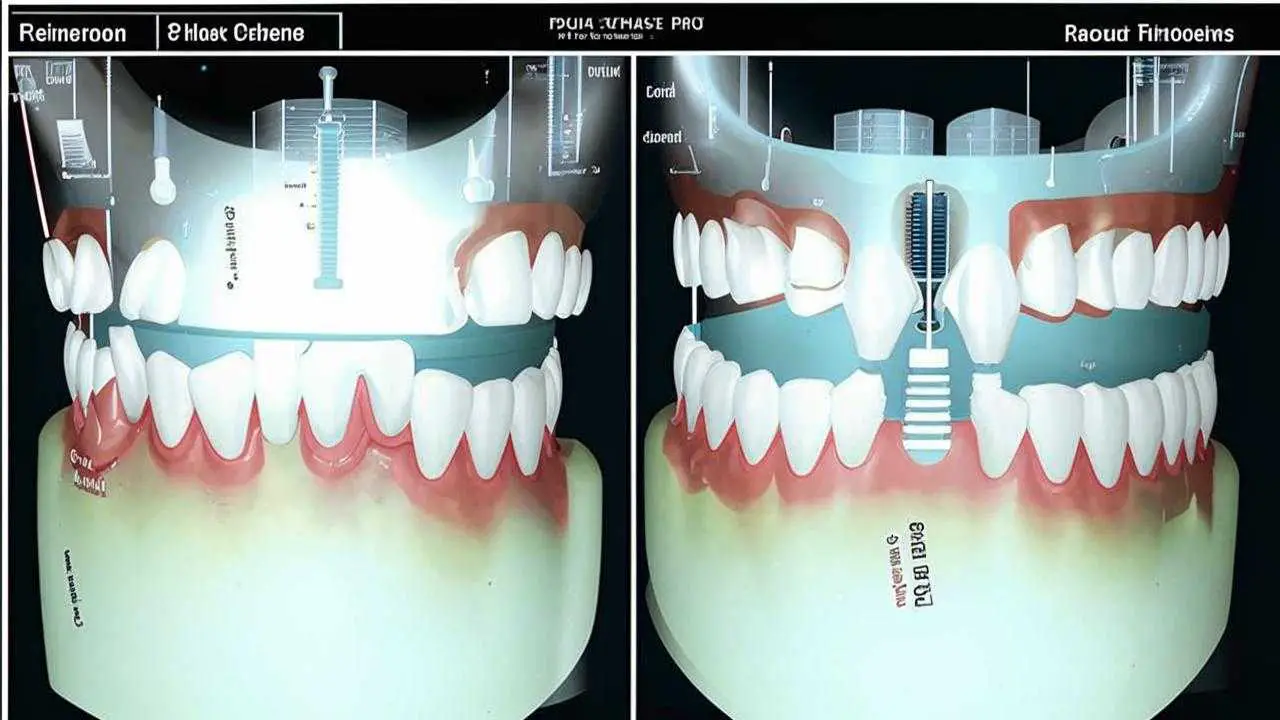Implantation is a method of restoring teeth by screwing a titanium post in place of a missing root. Dental implantation is the only procedure to date that restores the functionality and aesthetics of teeth to their full potential.
However, it is worth bearing in mind that implantation is a surgical intervention and, like any operation, has its consequences. Sometimes they are insignificant and pass on their own. In some cases, the problem must be solved by the doctor.
Complications after dental implantation are conditionally divided into 3 types:
- Operative
- Postoperative early
- Postoperative late
What can happen during surgery
No matter how expensive and high-quality implants are, complications during surgery depend on the qualifications of the implantologist. This is why choosing a doctor is so important. Experienced doctors practically never have misfires in the form of:
- Bleeding due to vessel damage
Bleeding can be associated with an increase in blood pressure, poor blood clotting. However, in the vast majority of cases, the rupture of the vessel occurs due to the surgeon’s error.
- Perforation of the maxillary sinus
In the upper jaw, there is little bone to place, often it has to be grafted (sinus elevator). When implanting upper teeth, it is easy for the doctor to make a mistake and drill a hole that is too deep. 3D modeling and surgical templates, together with the surgeon’s experience, significantly reduce such cases.
While working on the lower jaw, there is a chance of hitting the alveolar, jawline or lingual nerve. This leads to numbness. This is why implantologists insist on a CT scan before surgery, it helps to take accurate measurements of the area where the post is implanted.
- Fracture of the alveolarwall
Result of incorrectly sized implant.
Modern technology: 3D modeling, surgical templates, CT scans and orthopantomograms virtually eliminate surgical errors.
Problems after implantation – what not to be afraid of
After any surgical intervention, the body needs time to recover. Reactions to surgery may (but do not necessarily) manifest themselves in the form of the following symptoms:
- Jawpain after the anesthesia wears off. Disappear in 2-3 days to a maximum of a week, gradually subsiding.
- Moderate bleeding 2-3 hours after surgery. Occasionally, saliva may be pink for 2-3 days, but there is no bleeding as such.
- Edema. May increase during the first 3 days after surgery, but then subsides.
- Fever. For 2-3 days, the temperature may rise to 37.3 degrees, but the general well-being remains normal.
- Loss of sensitivity. It recovers on its own in a short period of time.
When to consult a doctor
If the pain does not subside for 3-4 days, becomes more sharp, pulsating. The temperature does not fall, the general condition is sluggish, you feel weakness in the whole body, you want to sleep. Profuse bleeding lasts more than 3 hours, blood continues to be secreted for several days. Swelling does not subside, becomes painful. Sensitivity does not return for more than a month. All these symptoms – a reason to seek help in the dentistry where the operation took place.
Early complications after implant placement
The success of any implantation depends on many factors that cannot be taken into account. These include individual features of the body, the reaction to the intervention, the presence of contraindications and compliance with recommendations. Yes, modern implants have a high percentage of engraftment, up to 99%, but there is always that 1% that will cause complications. These can be:
Early peri-implantitis
This is inflammation of the tissue adjacent to the implant. Causes a pocket to form between the post and the bone, tissue loss.
During surgery, the outer covering of the mouth, which protects the body from infection, is compromised. Bacteria can enter a poorly treated wound. The same happens with poor oral hygiene after surgery. Inflammation can be caused by overheating of the tissues during implantation.
In the initial stages, peri-implantitis is treatable. In advanced cases, the post is removed.
Implant rejection
A few days after implantation, the patient notices the mobility of the post, which increases. The gingiva becomes red and swollen. A fistula may form. The radiograph shows that the bone is breaking down. That’s what’s causing the implant mobility. It will have to be removed. Rejection is caused by bacteria that provoke purulent inflammation of the bone, or overheating of the bone during surgery.
Long-term consequences after dental implants
While early complications are more dependent on the doctor’s mistakes, late complications are the patient’s responsibility. The vast majority of problems after dental implants result from poor oral hygiene:
- Mucositis and hyperplasia. Inflammation of the gingival cuff as a result of plaque buildup on the implant head. The gingiva becomes red, swollen, and ulcerated. The plaque must be removed and care must be more thorough.
- Late peri-implantitis. Cause: poor hygiene and constant traumatic exposure. If bone density is low, additional tissue grafting will be needed.
- Sinusitis. Inflammation of the maxillary sinuses can be caused by peri-implantitis. If the pin is mobile, there are signs of inflammation, then the implant is removed and sinusitis is treated. If these signs are not present, sinusitis is treated without removing the implant.
Léčba
Radiologic examination gives the dentist an idea of what exactly the problem is. Mostly, complications are caused by inflammatory processes. Anti-inflammatory therapy, antiseptic surface treatment, hygienic care are carried out.
In peri-implantitis, inflamed tissues are removed, pin cleaning and antiseptic treatment are performed.
In some cases, complications after dental implantation require removal of the post. For example, if the implant has broken, if it has been rejected or if the treatment of inflammatory processes has not been successful.
The implant is removed by carefully unscrewing it from the bone, trying to minimize trauma to the surrounding tissues.
The question of re-implantation is considered in each case separately. Most often, the two-stage protocol is impossible without bone grafting. But in a one-stage method, you can do without it. In any case, you will have to wait until the inflamed tissues recover. However, it should not be delayed to avoid bone loss.
The decision about re-implantation after tooth implant removal should be made by the doctor. He takes into account all the factors necessary for the success of the operation. If rejection is caused by biological reasons, low immunity, smoking, the positive result of re-implantation is questionable and it is better to use alternative methods of prosthetics.
How to avoid complications during dental implantation
Problems associated with medical errors during dental implant placement can be avoided by choosing the right implantologist. It should be understood that experienced doctors who have spent years in training and have excelled in their field are unlikely to be accepted in a small neighborhood dentistry. Doctors with high qualifications install implants in large centers with excellent facilities.
Modern, high-resolution digital equipment is needed for diagnosis and therefore correct implant placement.
In the presence of health problems, pronounced bone atrophy and other reasons that complicate implantation, it is important to apply new techniques. They increase the chances of engraftment, even in difficult situations. These are one-stage, one-stage protocols, minimally invasive methods of implant placement.
Well-known brands are constantly investing in new technologies, design and coating of implants to accelerate their engraftment. An unknown Chinese implant can cause a lot of trouble.
But implantation is the responsibility of the patient too. Following the doctor’s recommendations immediately after surgery reduces the risk of possible implant complications. Oral hygiene should be practiced carefully. Floss or use an irrigator. Visit the dentist every six months, even if there are no complaints. Treat implants with care, do not subject them to unreasonable stress. Prevention of complications requires less effort than their treatment.
Implantology is developing rapidly. Thanks to new methods and technologies, there are fewer complications after implant placement and more and more beautiful smiles.


